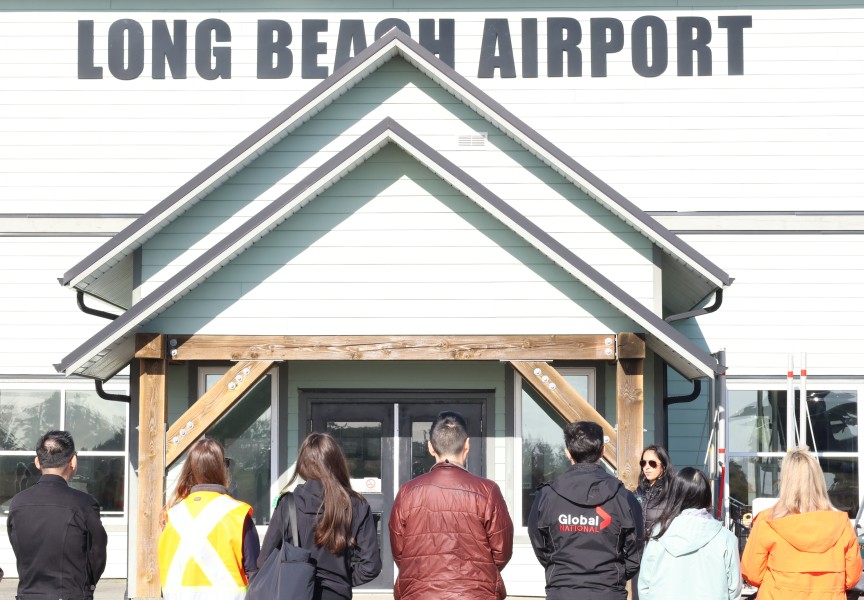In January, Kadin Snook started as the Mowachaht/Muchalaht First Nation Fisheries Coordinator. Originally from Gold River, Kadin is the grandson of Larry Andrew and a member of the Mowachaht/ Muchalaht First Nation.
Kadin was also a Uu-a-thluk intern for 2015. Under the mentorship of Roger Dunlop, Uu-a-thluk biologist for the northern region, Kadin participated in many fisheries-related activities, such as conducting telemetry on the Conuma River and helping construct fences for salmon at Dunlop Creek and Henderson River.
The internship and his previous experience as a sports fishing guide, have helped prepare him for a career in First Nations fisheries.
“I’ve always enjoyed being in fisheries,” said Kadin. “The opportunity to be of service to my Nation came up and I consider it a great honour to work in this capacity.
In his new role Kadin helps ensure all aspects of the fishery are running smoothly and effectively. Everything from catch monitoring and funding, to the development of capacity building, are under his care.
One aspect that Kadin is particularly excited about is collaborating with the Mowachaht/Muchalaht Lands and Economy Development program. Working with the program will help support and prepare communities for economic development opportunities in areas related to fisheries, as well as create new avenues for aquatic-based business and entrepreneurial prospects.
Although barely a month into the role, Kadin has big plans for the fishery. Drafting this year’s fishing plan, he said he will focus on the four “Cs” of fisheries—Community, Culture, Capacity and Conservation.
His goal is to meet the immediate needs of the Nation and address issues related to community access to food fish, as well as employment opportunities both within and outside of Mowachaht/Muchalaht territories.
His overarching goal is to help create fishing plan agreements that benefit all community members.
Under the direction of the Council, Kadin is looking forward to working closely with elders and community groups on individual aspects of the food fishing plan to incorporate traditional and current fishing practices.
“The interests of the community are at the heart of all the work here,” said Kadin, adding that he would like all Nation members’ voices to be heard and to ensure their concerns are taken into account when developing plans for the fishery.
Helping foster aquatic-based careers like Kadin’s is integral to increasing capacity for Nuu-chah-nulth First Nations in aquatic resource management. Uu-a-thluk provides learning opportunities, such as science camps, career fairs, training and internships for young people that can result in a greater number of Nuu-chah-nulth First Nations working in aquatic-based careers down the road.
Ultimately, Uu-a-thluk works with Nations to increase their role in protecting and accessing sea resources for future generations. But the rewards of a career in First Nations fisheries don’t stop there. There is also personal satisfaction in finding the right vocation.
“Every day I find a new joy in the career,” added Kadin.







